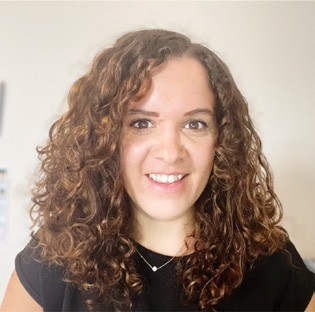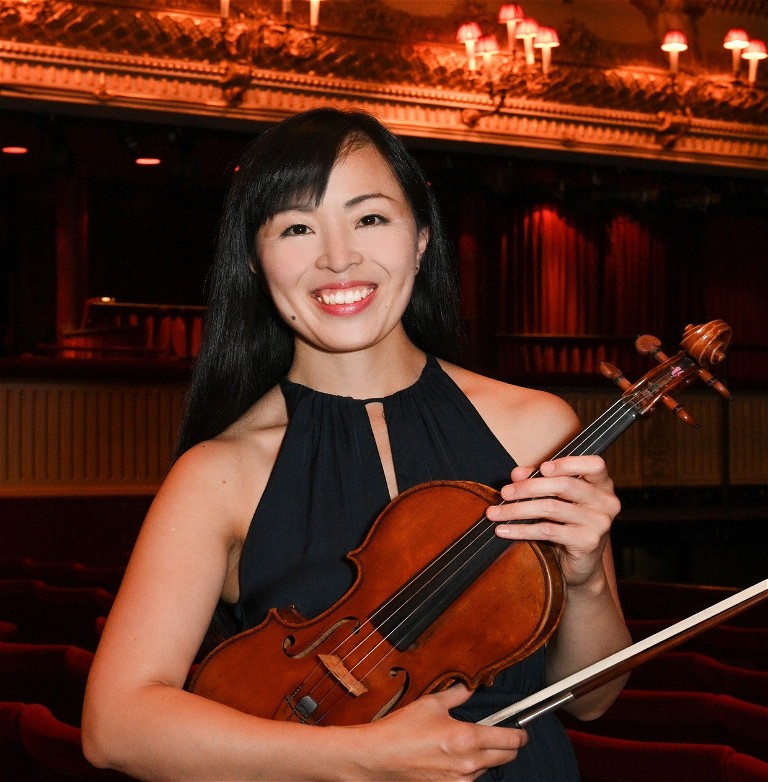Talking Point

The patient voice in autoimmune conditions

Rhian Linney, Associate Communications Director at Galapagos, UK and Ireland, tells Pharmafocus about the significance of the patient voice in autoimmune conditions, focusing on rheumatoid arthritis
Personal
Working in the healthcare industry runs in my family – it’s in my blood. My father started his working life as a medical sales representative and my mother was a pharmacist for many years before they started up their own independent pharmacy. Saturday mornings and many school holidays were spent in the shop, watching my mother prepare and dispense medicines, talking to patients and interacting with people from all walks of life. It was a truly great experience and one that cemented my ambition to work in the healthcare industry.
Throughout my communications career I’ve had the pleasure of collaborating with several different patient groups, on both a local and global scale – it’s the part of my job that I enjoy the most and something I’m very passionate about. This is why I work at Galapagos. I am empowered and supported with the right tools and resources to work and collaborate with patient advocacy groups in the inflammation space.
Pioneering
The chronic nature of most autoimmune conditions makes the role of patient support programmes even more critical ‒ when thinking about how to make these as effective as possible, there is much to consider. Specifically, they need to be delivered sensitively and with care, to facilitate personal confidence and give those who feel like they’ve been silenced, a voice.
However, too often chronic conditions are ‘left behind’, both when it comes to treatment advancements, or provision of useful information and holistic support for patients.
What stood out to me about Galapagos was its commitment to bringing innovation to inflammation, but also its dedication to provide ongoing, valuable support for patients. This pioneering mindset, which Galapagos employs across every facet of the business, presented something that I wanted to be part of.
Priority
Looking at rheumatoid arthritis (RA) specifically, Galapagos wanted to challenge how the condition is perceived by the public and how the people affected are supported. It wanted to make RA a priority.
The ‘We R.A. Priority’ (WRAP) campaign was launched in 2020 based on direct insights from the RA community, gained via a survey of 300 people living with RA. Developed in partnership with the National Rheumatoid Arthritis Society (NRAS), the campaign changed the face of RA. Common misconceptions about RA mean it is often seen as a condition that affects ‘old people’. By sharing the stories of people from different backgrounds and ages, WRAP gives a voice to the people who are actually living with RA: people of different ages, ethnicities, genders and backgrounds.
The campaign, which continues to live on today, has evolved year on year ‒ adapting to best serve the RA community at any given time. One aspect that has remained constant is that the patient voice has remained at the heart of the campaign.
We have learned first-hand from the community that it is the stories of other people, who have the shared experience of living with RA, which offer hope and reassurance to those struggling with aspects of life with RA. For this connection to be made, it is crucial that individuals can see themselves in the person whose story they are looking to for inspiration.
Through the diverse voices of our WRAP ambassadors, the campaign also helps to empower others to find their voice, and with that voice ask the public, employers, relatives and friends to make RA a priority.

Kaoru, We R.A. Priority ambassador and violinist for the Royal Opera House
Positive
The impacts of RA can extend across all aspects of a person’s life. Through NRAS’ strong connection to the RA community, we are able to better understand what the most pertinent challenges are and partner with allies of the RA community to provide expert advice and holistic support across areas including: sleep, relationships, technology and accessibility, fashion, legislation and sex.
Now in its third year, I am immensely proud of this award-winning campaign and the impact it continues to have on the RA community.
No two people are the same, but they can find commonality and community by raising their voices together. Where we can support one patient with information about looking good and feeling good, another might find they can shout louder about requiring better healthcare or have the confidence to speak up about their needs at work. The combination of these individual voices, singing together about their needs, creates a noise so loud that it can help to propel a patient community forward into positive change. It’s heartening to know that the work we do helps to provide an opportunity for their voices to be the loudest in the room; for once, they are a priority.
This article was written and funded by Galapagos
GB-NA-NA-202302-00003
February 2023